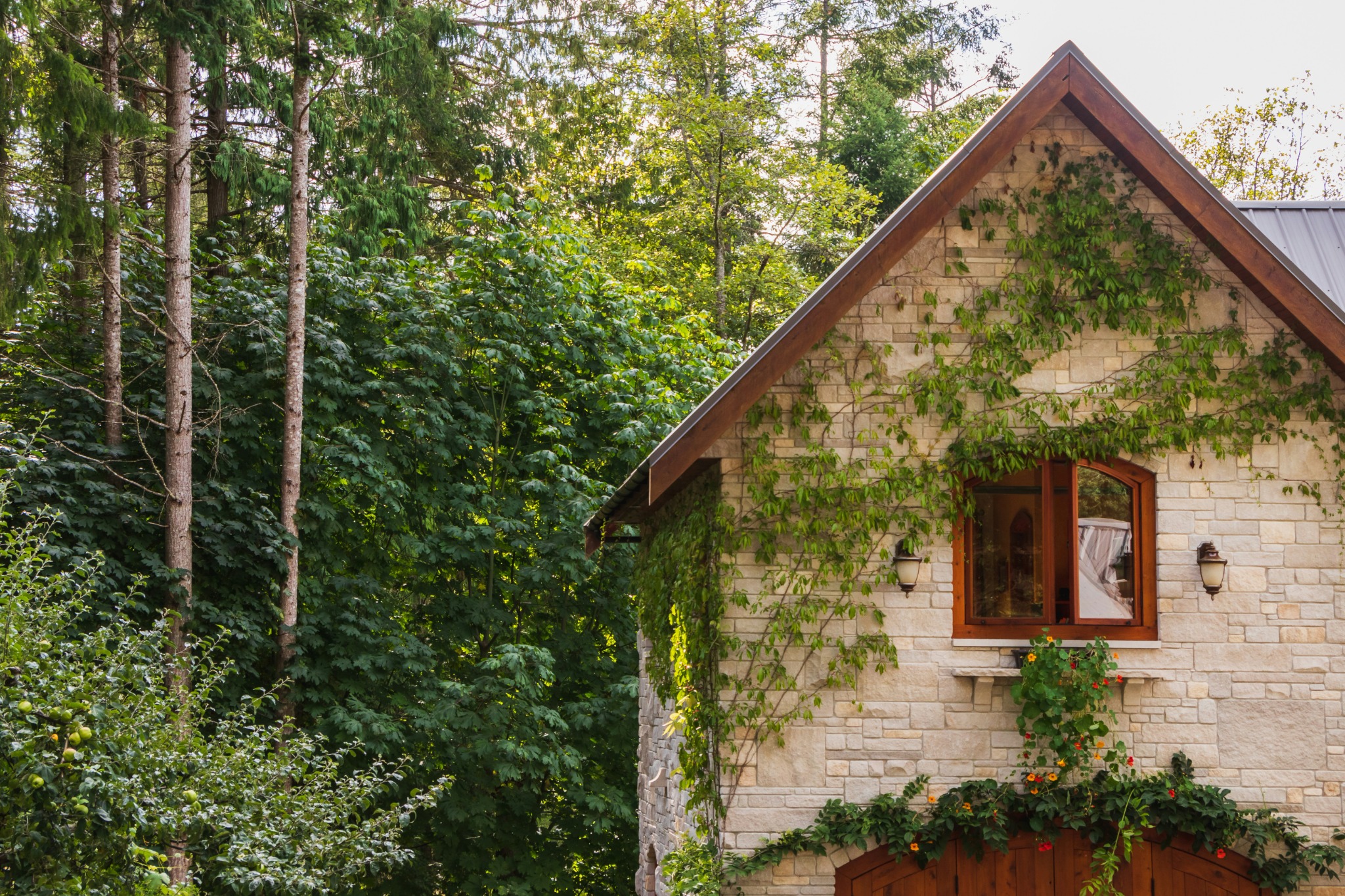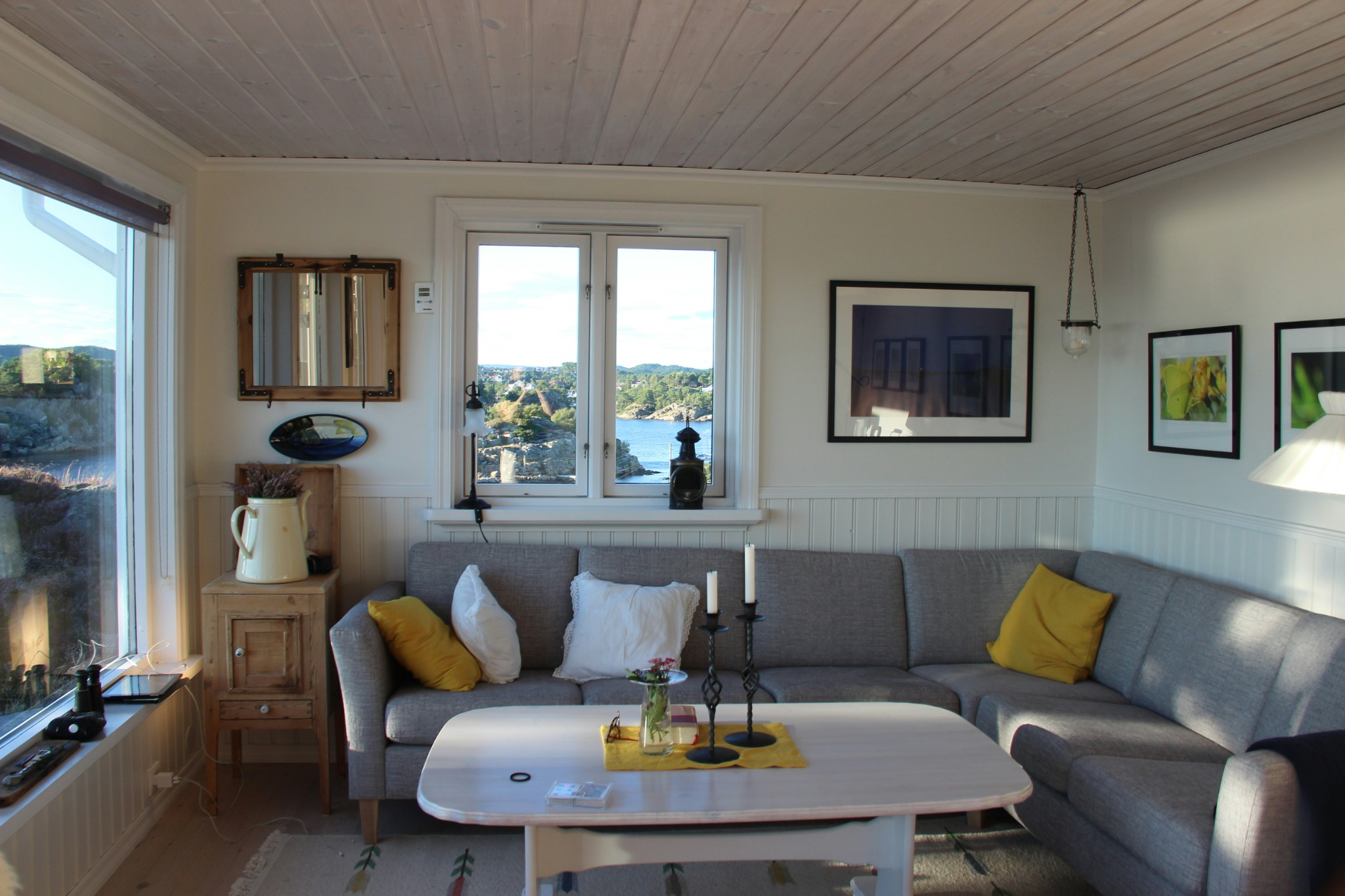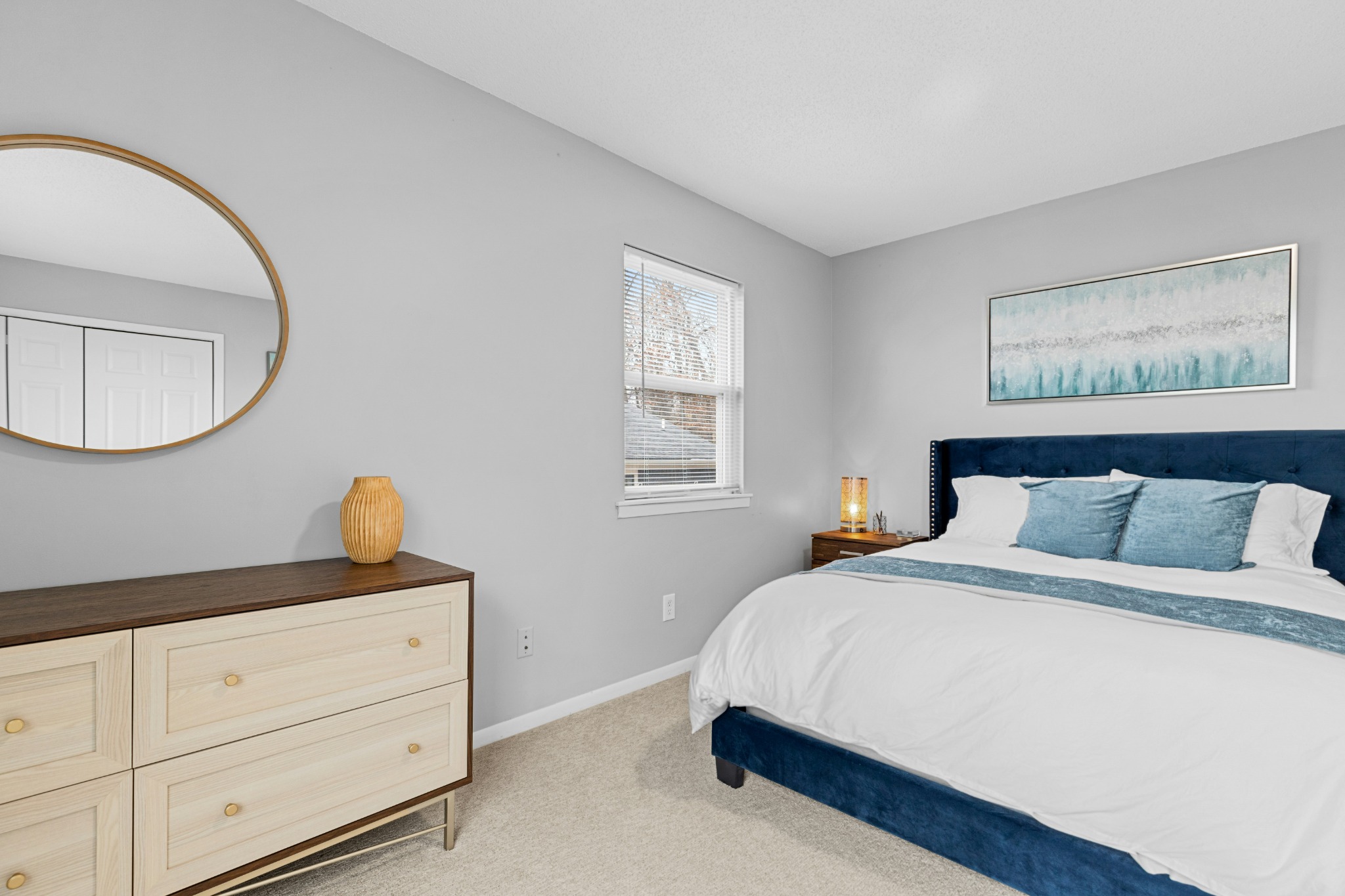Why Hosts Should Consider Offering Extended Stays
Boost your income and reduce turnover by offering extended stays. Learn practical tips to attract long-term guests and manage your rental efficiently.

·4 min read

Start your vacation rental business right with our comprehensive startup checklist! Discover essential tips for success in the short-term rental industry.
Running a vacation rental business is more than listing a property on Airbnb. It requires planning, financial investment, and commitment. The vacation rental industry is expected to grow by $100.30 billion in 2024, contributing to an increase in hosts' revenue but also in a fiercely competitive market.
If set up correctly, a vacation rental property can generate passive income and create exciting opportunities to meet new people worldwide. Although it can take some time to flourish, hosts who stick to it can reap the benefits later.
Having a short-term rental also means being a small business owner. And just like business owners do, you need to make smart decisions to ensure the safety of your rentals and your guests' satisfaction. In this guide, we'll help you make your first steps as a rental owner and succeed in the competitive short-term rental market. Let's dive in!
Before you get started, you need to get the legalities in order. Familiarize yourself with regulations and restrictions in your local county or city. Although some local governments may allow short-term rentals, others might impose strict rules or prohibit them entirely.
You may need a business license to host guests and create a separate account for your personal and business income. We highly recommend getting advice from a business attorney and a tax advisor to register your business and obtain the required certifications.

No one likes to pay for vacation rental insurance, but you've got to prepare for a rainy day. Before you make your vacation rental properties available, gather the best insurance options in the market and carefully pick the right one for you. Pay special attention to the "exclusions" section to see what's covered and what's not.
For example, some insurance companies exclude weather or natural catastrophes unless you pay a premium fee. In that case, you should have some saved-up cash to cope with such emergencies. Although large OTAs like VRBO and Airbnb offer liability insurance of up to $1 million, you might need additional coverage for your short-term rental property.

A vacation rental business plan is the roadmap to make strategic investment decisions. Here are some key factors to include:

Once you take the nitty-gritty out of the way, it's time to get your property ready to accept guests. Even if your vacation rental doesn't need extensive repairs and renovations, you'll still need to furnish and equip it with basic amenities and extras.
For example, you'll need cooking essentials, cleaning supplies, comfortable seating, and kitchen supplies. Guests nowadays are not that easily impressed and expect hosts to go the extra mile. So, if you really want to appeal to them with your vacation home, consider adding extras such as an outdoor grill, swimming pool, a home cinema, or a jacuzzi.

The prices you'll set for your vacation rental will significantly impact your occupancy rates. A set-it-and-forget-it approach won't work for vacation properties. Instead, you want to set dynamic pricing by considering real-time market conditions, seasonality, amenities, and your profit margin. (pricelabs)
Setting a price you would personally pay for a vacation rental home also won't work. That's because you might be willing to spend the extra cash for luxury amenities, but your guests won't. So be careful not to price yourself too high, as this will result in revenue loss and low demand.

Get discovered by guests by listing your vacation rental online on large OTAs like Booking.com or save on hefty fees with a book-direct website. With Houfy, you can contact guests directly, completely control your booking calendar, and set your own rules and pricing.
To make your listing even more appealing, capture stunning photos with your phone, optimize your descriptions for SEO, and encourage positive reviews from guests. Make sure to create a community of loyal visitors who return for more stays, and always prioritize guests’ experience from start to finish.

A vacation rental business doesn't end with listing your property online. As a rental owner, you must market your properties via social media, paid advertising, and influencer marketing. Your goal should be to create an online community of raving fans who engage with your business and choose you for future bookings.
Infuse people with the travel bug and promote special offers and discounts to gain visibility. For example, share beautiful pictures of your home on a sunny spring morning with a coffee on your outdoor patio. Or promote a pet-friendly cocoon for guests and their little friends.
Another great tactic is investing in your organic search engine optimization (SEO). This will boost your website's ranking in Google and increase traffic and sales. Whatever marketing tactic you choose, always place guests at the center of your attention and ensure a great experience.

Running a vacation rental business isn't easy. But with these strategies, you'll have a clear picture of where to start and where to pay attention to. If you're ready to take your business venture to the next level, Houfy is the perfect place to list your properties. Join a community of over 50,000 guests looking for book-direct solutions and take your business into your own hands.
Boost your income and reduce turnover by offering extended stays. Learn practical tips to attract long-term guests and manage your rental efficiently.

·4 min read
Transform your vacation rental with smart tech to wow guests and simplify management. Boost convenience, security, and reviews with these easy upgrades.

·4 min read
Prepare your vacation rental for each season with essential maintenance tips. Ensure comfort and safety for your guests while protecting your investment.

·4 min read
This Houfy website uses cookies and similar tools to improve the functionality and performance of this site and Houfy services, to understand how you use Houfy services, and to provide you with tailored ads and other recommendations. Third parties may also place cookies through this website for advertising, tracking, and analytics purposes. These cookies enable us and third parties to track your Internet navigation behavior on our website and potentially off of our website. By continuing your use of this website, you consent to this use of cookies and similar technologies. Read our Cookie Policy for more information or go to Cookie Preferences to manage settings.
These cookies are necessary for the website to function and can't be switched off in our systems. They are usually only set in response to actions you have taken which result in a request for services, such as setting your privacy preferences, logging in or filling in forms. You can set your browser to block or alert you about these cookies, but some parts of the site may not work as a result.
These cookies are necessary for the website to function and can't be switched off in our systems. They are usually only set in response to actions you have taken which result in a request for services, such as setting your privacy preferences, logging in or filling in forms. You can set your browser to block or alert you about these cookies, but some parts of the site may not work as a result.
These cookies are set through our site by our advertising partners. They may be used by those companies to build a profile of your interests and show you relevant ads on other sites. They work by uniquely identifying your browser and device. If you don't allow these cookies, you will not experience our targeted advertising across different websites as a result of these cookies.